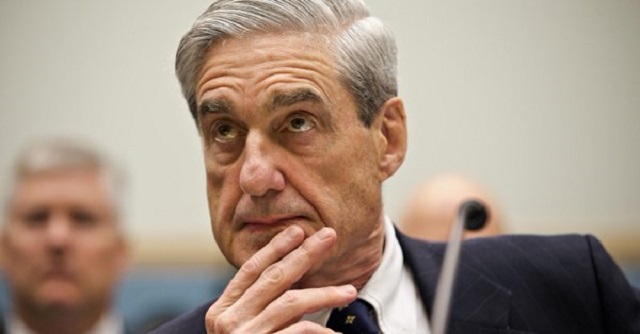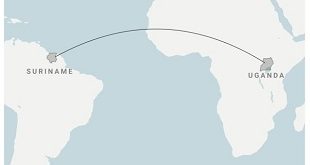
Washington, United States | AFP | After nearly two years of leading one of the most politically charged investigations the United States has seen, into whether President Donald Trump and his campaign colluded with Russia, Robert Mueller remains an enigma.
His 448-page final report makes clear Mueller saw a massive attempt by Russia to interfere in the 2016 election.
It details numerous questionable contacts between the Trump campaign and Russia, while deciding they did not add up to criminal conspiracy.
And it details multiple acts by Trump to interfere with his investigation — and elects not to decide whether those added up to criminal obstruction of justice.
But nowhere does the huge report give any sense of what Mueller himself thinks or feels about Trump himself, the target of the investigation which took up 22 months of his life.
Yet its indefinite verdict will determine how the Washington patrician goes down in history.
– Exacting taskmaster –
As a Marine, a dogged prosecutor and then director of the FBI for 12 years, Mueller built a reputation as one of the most respected members of Washington’s powerful legal elite.
He was for most observers the ideal choice to lead the most explosive political investigation in American history, a probe in which for nearly two years he held the president’s political fate in his hands.
He was known for being exacting and a tough taskmaster, and despite his early Republican political alignment, a straight-shooter who was appreciated by politicians of both political parties.
Mueller had worked under extreme pressure, political and public, in the past. He became director of the FBI just days before the September 11, 2001 Al-Qaeda attacks, which plunged him into an entirely new mission to protect the country from terror plots.
He led the FBI for the next 12 years, during which he built up the agency’s counter-terror mission but had some notorious problems, including a botched anthrax investigation and a poorly functioning intelligence unit.
After retiring in 2013, he joined a private Washington law practice where he took on official arbiter missions, including an external investigation of the National Football League’s mishandling of assault allegations against a star player, and reviewing security controls at intelligence contractor Booz Allen Hamilton after several of its employees stole highly confidential national security information.
– Reputation tied to Russia report –
Even with that distinguished career, Mueller’s reputation will be tied forever to how he handled the Russia meddling investigation, with Washington insiders and others forever speculating on whether he could have been more aggressive in his prosecutions.
The investigation gave him an insider’s look at the way Trump’s White House worked, and he endured constant personal attacks from the president.
Trump labelled the probe a “witch hunt” and “coup” threat against the presidency and accused Mueller of political bias.
Yet for the entire period Mueller remained invisible and silent, speaking only through the court filings his team made that set charges against 26 Russians and six former Trump aides. None of the six were charged with anything having to do with collusion with Russia.
Mueller’s resolute silence on the day the report was released left it for everyone else to fight over what it meant.
Attorney General Bill Barr, a longtime Mueller colleague who Trump appointed to lead the Justice Department in February, declared that the report did not produce enough evidence to show Trump guilty of obstruction.
But Mueller made no such judgement.
Democrats said the report detailed a huge number of contacts with Russians suggesting collusion, but Mueller ruled that none were criminal actions.
As the debate raged in Washington, the report’s author stayed out of the fray.
“For Mueller, it’s always about the work, and never about him,” former deputy attorney general Sally Yates wrote in Time magazine.
 The Independent Uganda: You get the Truth we Pay the Price
The Independent Uganda: You get the Truth we Pay the Price


